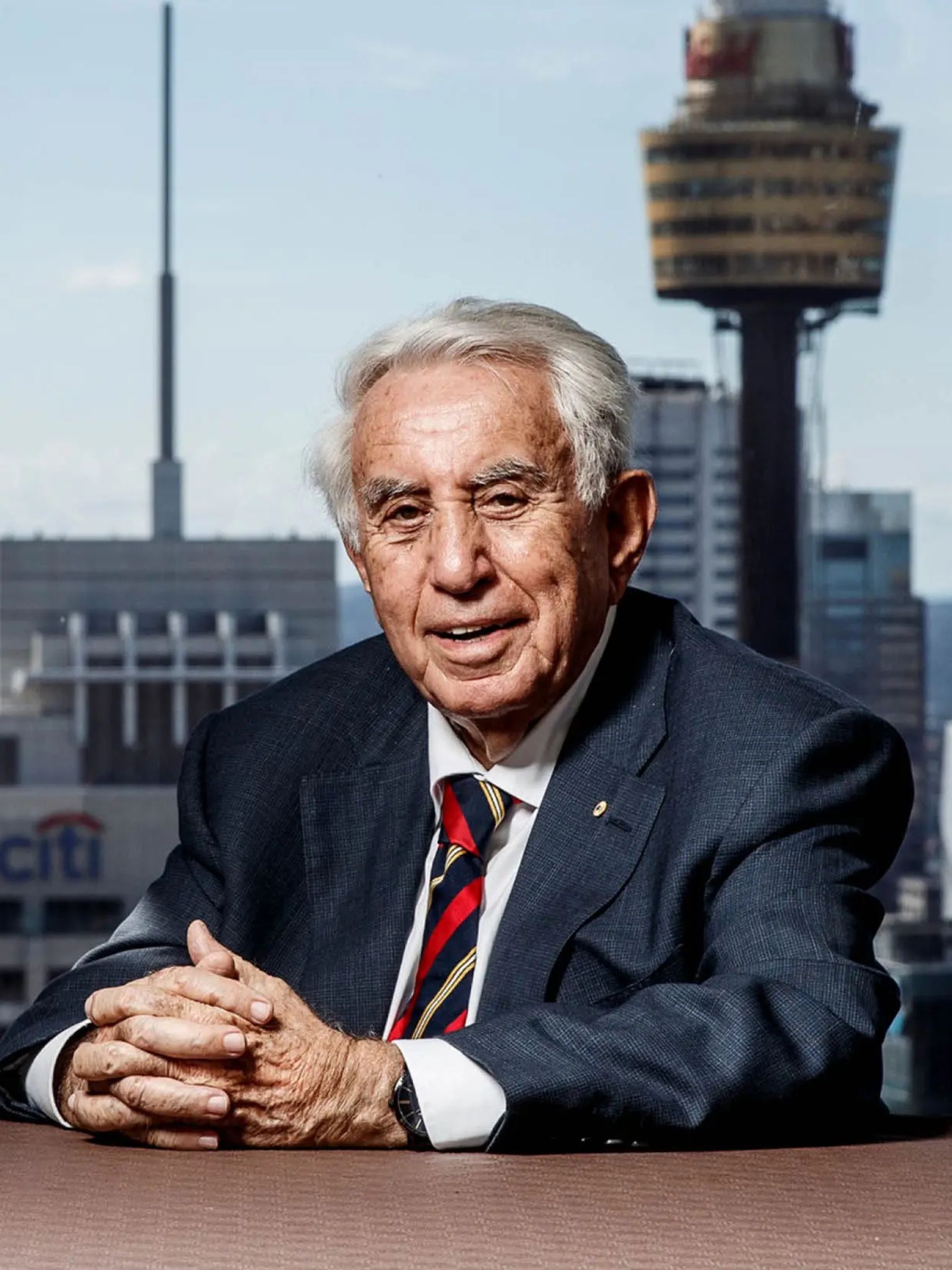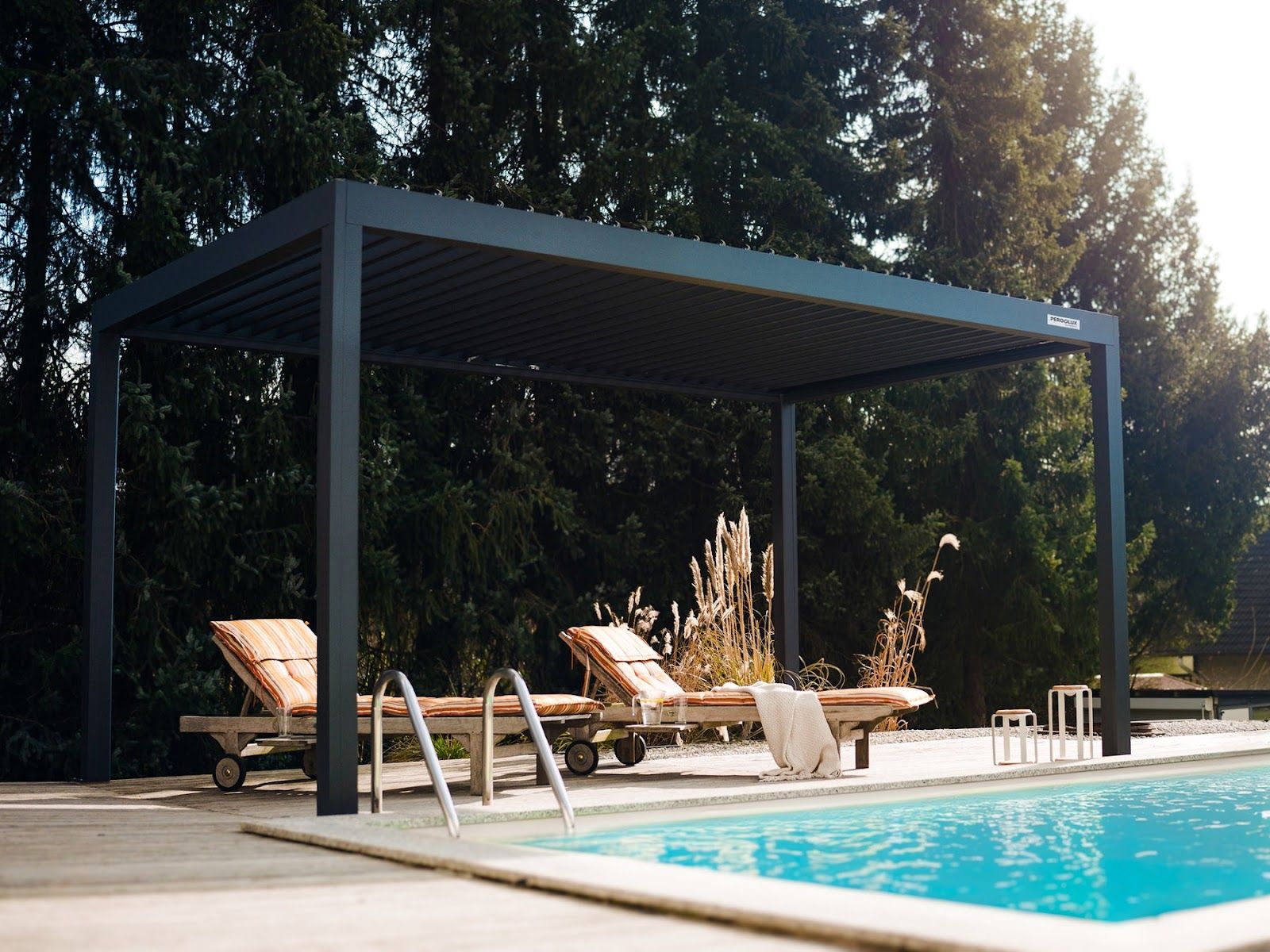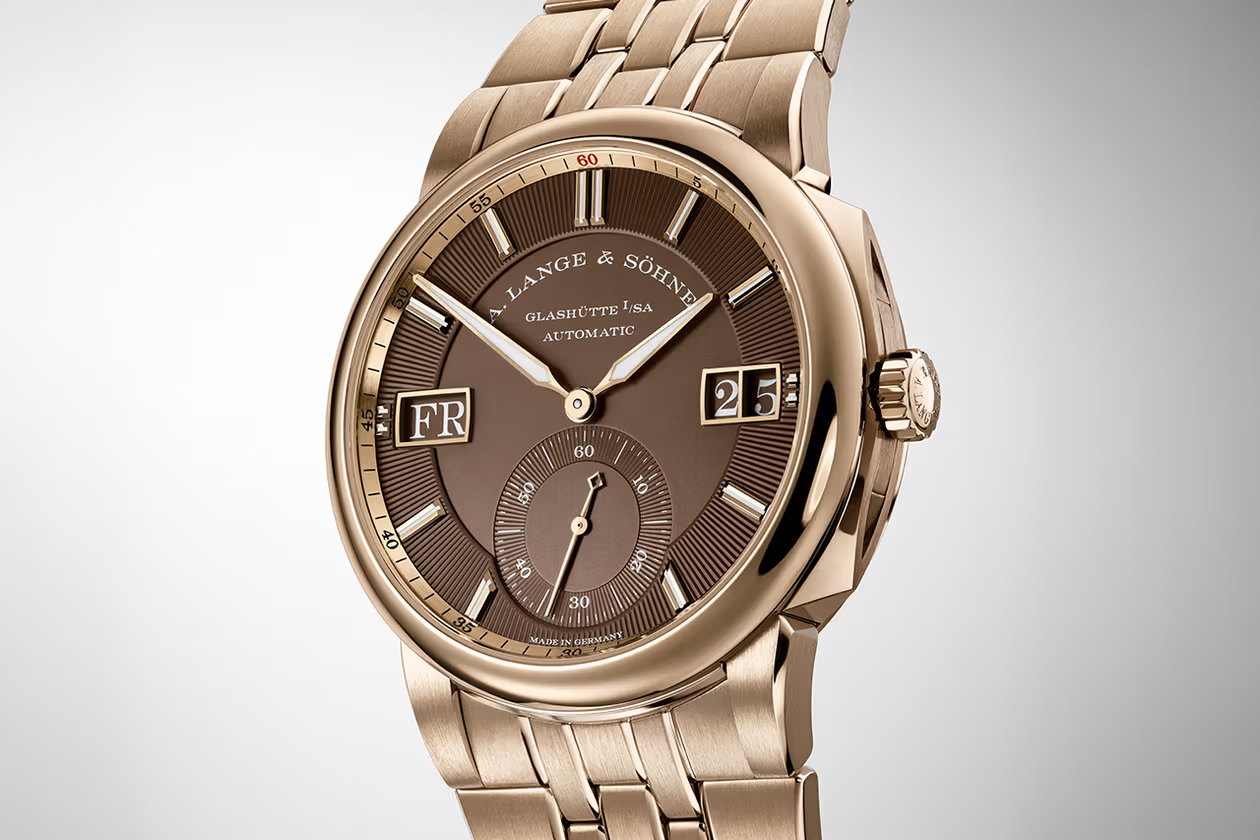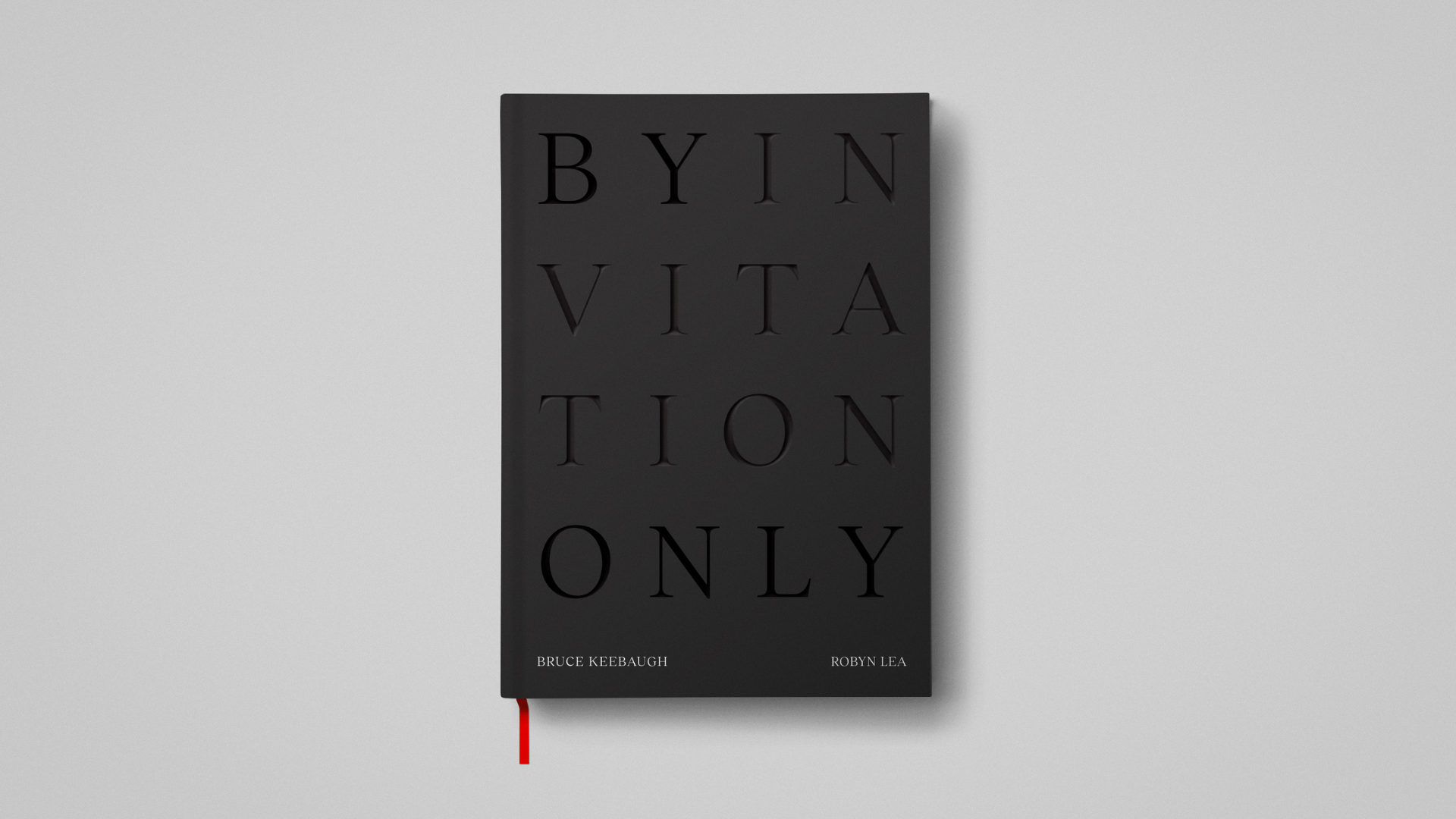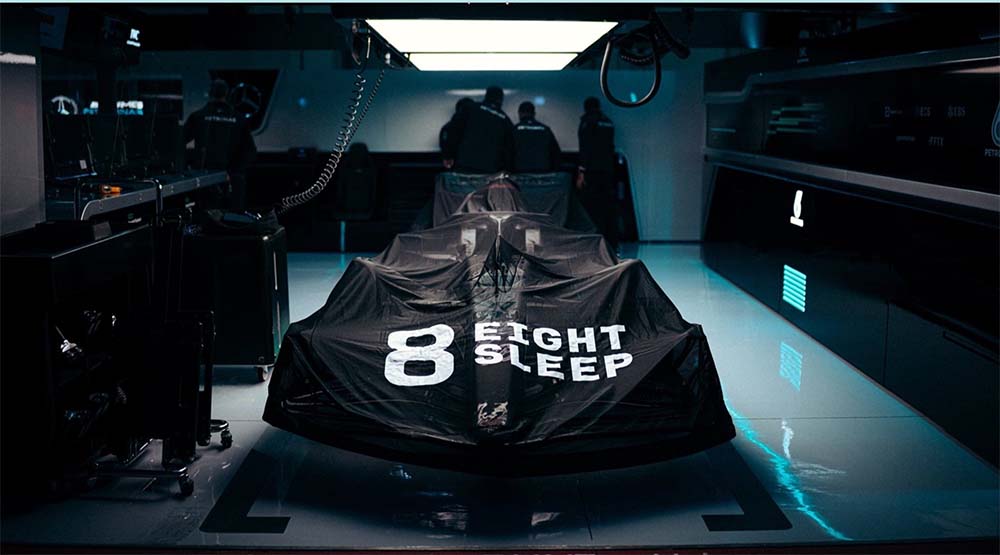Is the most effective ‘switch off’ the one you can't choose?
A product of our productivity-obsessed culture, Esquire columnist Jonathan Seidler struggles to switch off. But when he got sick recently, he was forced to disconnect
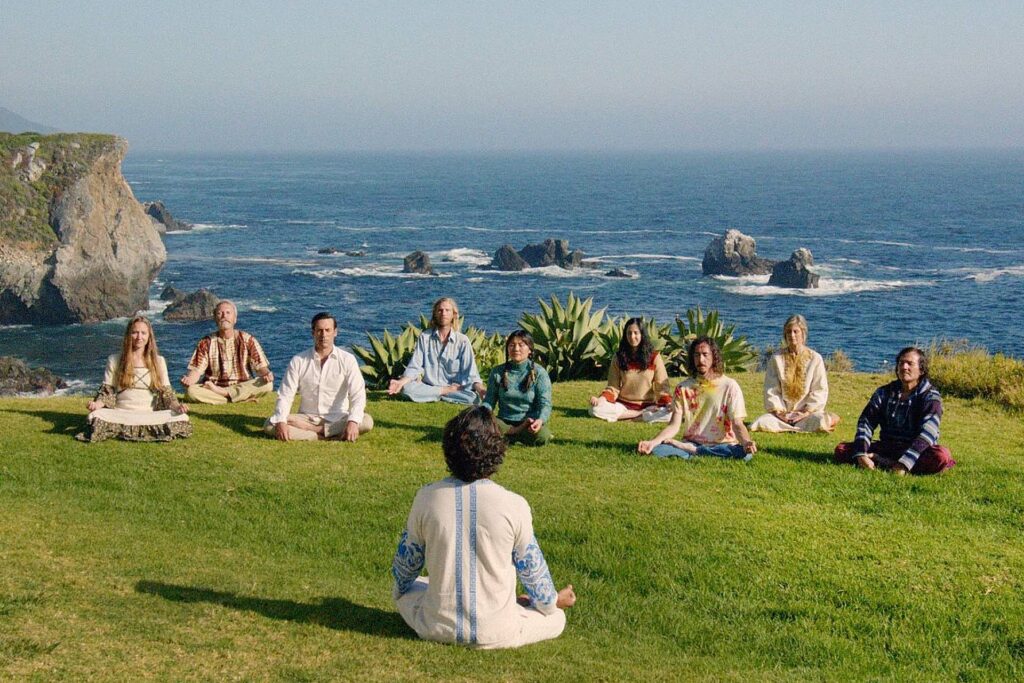
Jonathan Seidler is an Australian writer. This is his column for Esquire.
A few weeks ago, I got really sick. Like, really sick. It started with a casual flu, before cascading into the latest version of COVID, which was hilariously labelled ‘FLiRT’. Now, I’m not the kind of person to take sickness lying down. I prefer to push through it in denial, but the viciousness of this combo knocked me out for close to three weeks.
I am the sort of person to get unnaturally frustrated when sick. In the not too distant past, we might’ve praised this kind of behaviour as an example of male stoicness; men famously took less sick days because we weren’t primary carers of children, had less chronic illnesses that many doctors didn’t believe were real (like endometriosis and PMDD), and generally felt like we could muscle through when we had a cough. Post-2020, that sort of attitude is just not cricket. A coughing, sneezing, sniffling man is someone we’ve learned to stay away from. Personally, I spent exactly six hours in my office before being summarily sent home for a week, and then again for another when my Covid test came up positive.
I also generally felt like crap, which means I couldn’t do my classic Ferris Bueller sick-day stuff like going out for lunch, running a few laps of the beach or casually trying to write fiction. In a murky haze of possibly too much Codral, I even tried to write one of these columns. The result was so off, that my editor gently called to see if I was OK.
Doing sweet FA was all I was capable of, a fact which irked me to no end because downtime is something I have never been good at. As an ambitious guy with lots of ideas on the go, I’m used to packing a lot of different things into my days, which isn’t unusual in a culture that’s so hellbent on productivity, we body-hack ourselves into waking earlier, focussing deeper and sometimes stopping eating entirely because it’s a waste of precious hustle time. The prospect of another morning lying on my arse slowly started doing my head in, until I submitted to it for so long that something radical flipped in my brain.
When I’m not writing this column, I am hired by brands to make them sound more like actual people than brands. I have worked on health, beverage, software and music brands – right now, they’re all tapping into the notion of wellness, wanting to speak an empathetic language that will encourage prospective customers to ‘rest, relax and reset’. I’m sure a sparkling turmeric kombucha and screen time-limiting apps help some consumers to do exactly that, but for me, nothing has done the job quite as effectively as being knocked out of commission, plucking tissues from the box like a dramatic Victorian housewife, and wondering if this is the one where I actually die.
Besides, as all of us saddled with an Apple device know, there is more than one kind of reset. There’s the simple one, where you turn your phone on and off again because a software update told you to, and there’s the one where you have to perform a technological enema on your laptop because you’ve got so many tabs open it’s having a full-on meltdown. That procedure is called a ‘hard’, or factory reset. Ideally, you don’t perform it often, but you do so knowing that when you finally reboot, your computer is going to feel significantly lighter.
This is exactly what happened to me when I got sick. When I finally felt like I could walk outside again, I had a new appreciation for life itself, like my flirting with the FliRT variant had left me feeling more flirtatious with life. I also didn’t begrudge myself for not using my time off work more effectively, because I’d undergone my own hard reset, and not even my dinging Slack app could shatter the switched offness I felt.
We live in an age of meditation apps, ice baths, circular breathing workshops and girl-mossing. Wellness is more accessible than ever – but perhaps that’s part of the issue. The sheer amount of wellness interventions available to us is overwhelming. Plus, the fact we must opt into them, and then hold ourselves accountable in order to reap any benefits, is not something our busy, attention-derived culture actively encourages.
Perhaps sometimes, the best way to switch off is the one you don’t get to self-select. Instead, it arrives by chance. Or, in my case, force.
Jonathan Seidler is an Australian writer, father and nu-metal apologist. He is the author of a memoir called It’s A Shame About Ray and a novel titled All the Beautiful Things You Love, which is out now. Jonno has some interesting things to say about music, fatherhood, Aussie culture, mental health, problematic faves and the social gymnastics of group chats. This is his column for Esquire. You can see all of his previous columns here.
Related:
Why can’t I tell my ambition to chill?
On a break from social media, I thought a lot about social media












